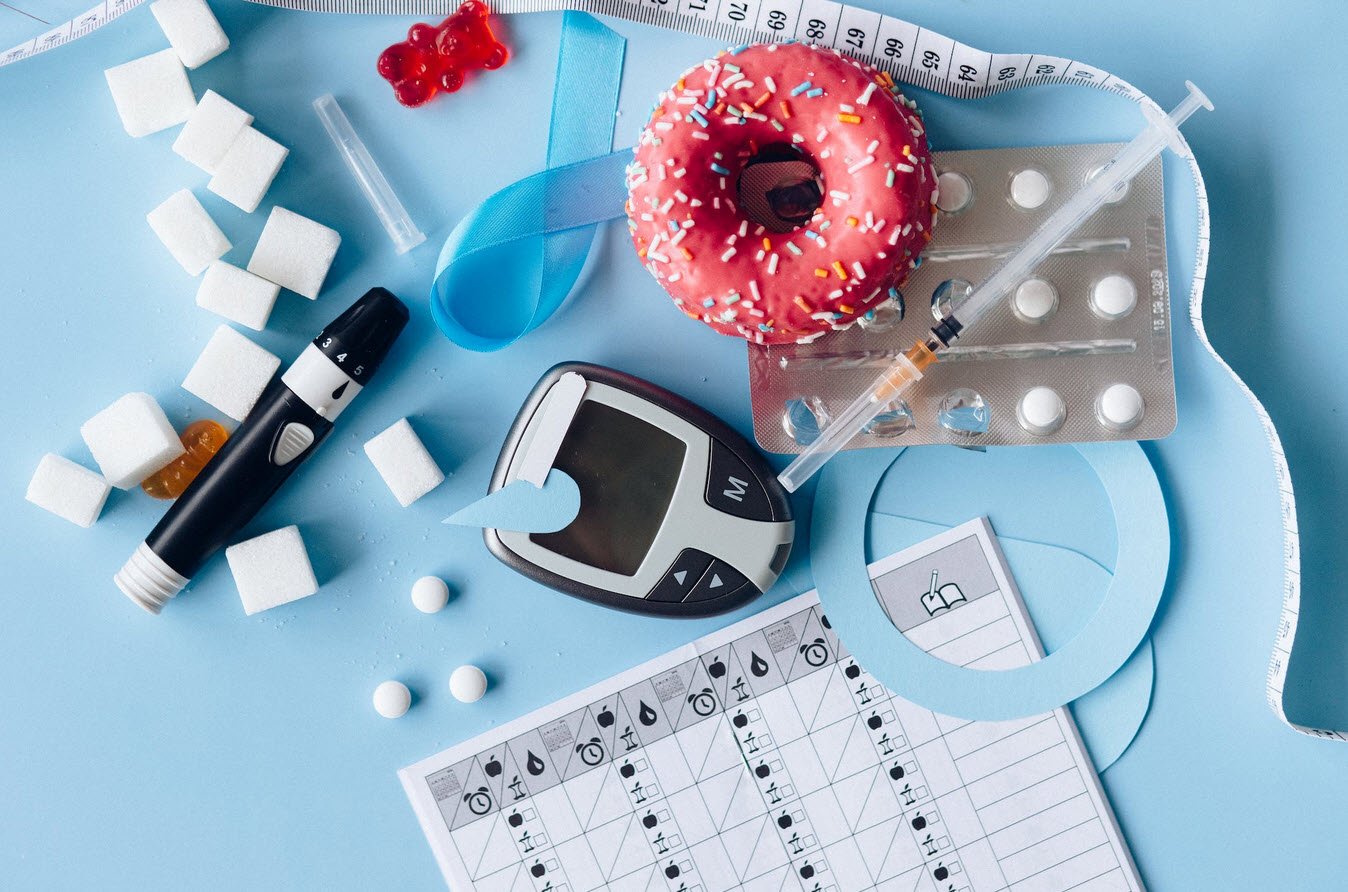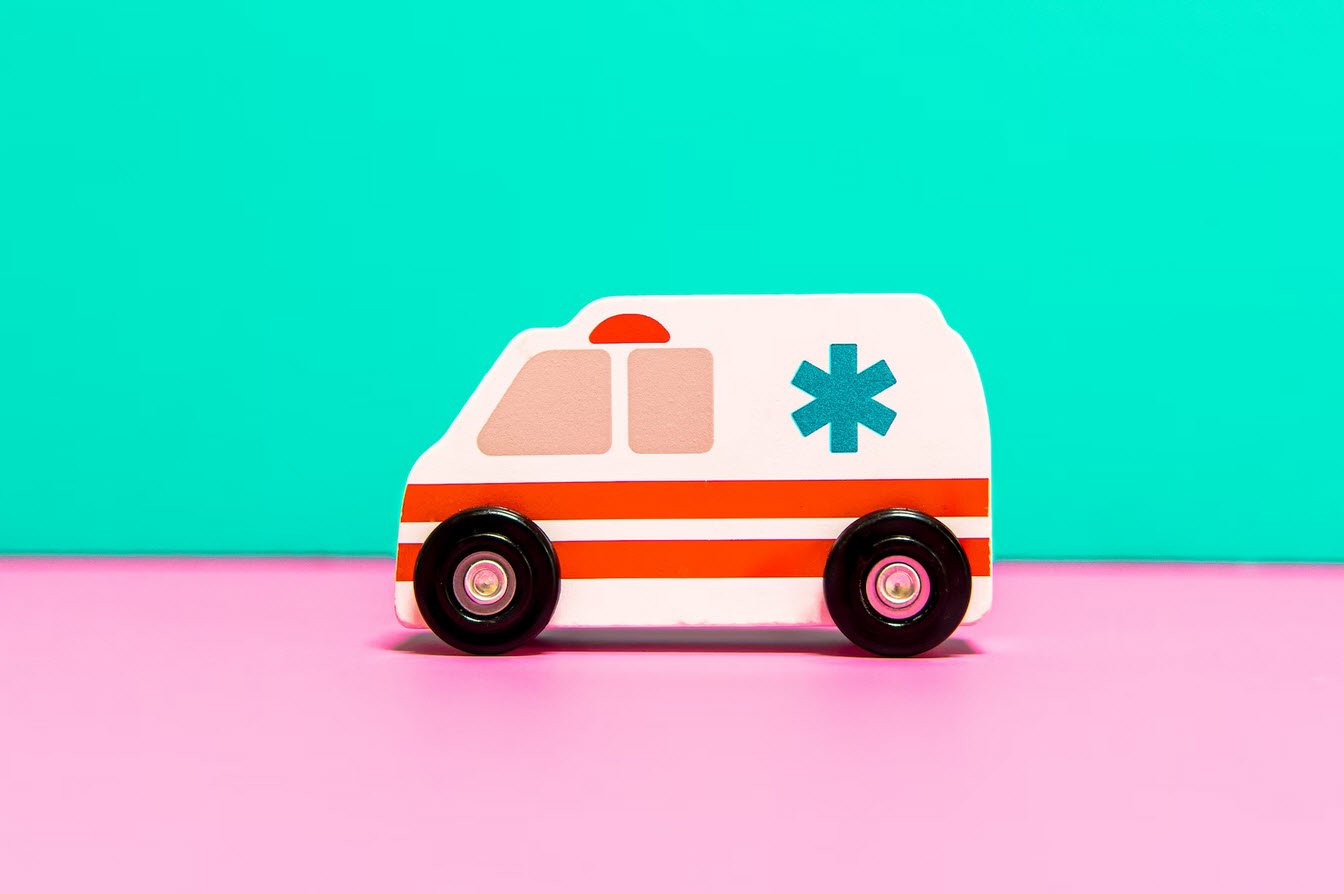
Depression is a mental health condition that affects individuals regardless of gender. However, men often experience depression differently from women and may have distinct ways of coping with their symptoms. Understanding these differences is crucial for recognizing and addressing depression in men effectively.
Men commonly exhibit specific symptoms when experiencing depression. They are more likely to acknowledge feelings of fatigue, irritability, loss of interest in activities they once found pleasurable, and disturbances in sleep patterns. On the other hand, women tend to be more inclined to express feelings of sadness, worthlessness, and excessive guilt.
In response to depression, men may resort to different coping mechanisms compared to women. They are more prone to turning to alcohol or drugs as a means of self-medication. Additionally, men may display frustration, discouragement, irritability, anger, and, in some cases, even abusive behavior. Some men may immerse themselves in their work to avoid discussing their depression with family or friends. Others may engage in reckless and risky behaviors as an attempt to escape or distract themselves from their emotional struggles.
It is important to note that while more women may attempt suicide, a higher number of men die by suicide in the United States. This discrepancy emphasizes the severity of the issue among men and highlights the urgency of addressing depression and providing appropriate support.
Societal expectations and gender norms can significantly impact how men experience and express depression. Traditional notions of masculinity often discourage men from openly discussing their emotions or seeking help. The pressure to appear strong, self-reliant, and in control can lead men to internalize their feelings, making it more challenging to recognize and address their mental health struggles.
Creating an environment that encourages open dialogue and seeks to challenge these gender stereotypes is essential for supporting men’s mental health. Promoting awareness, education, and reducing the stigma associated with seeking help can empower men to reach out for assistance when needed.
In conclusion, men experience depression differently from women, and their coping strategies and symptom manifestations may vary. By understanding these unique perspectives, we can better identify and address depression in men. It is crucial to foster an environment that encourages open discussions about mental health and provides accessible resources for support and treatment. Together, we can work towards a society that supports the mental well-being of all individuals, irrespective of gender.








